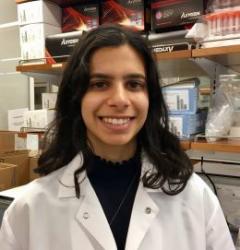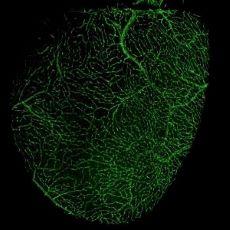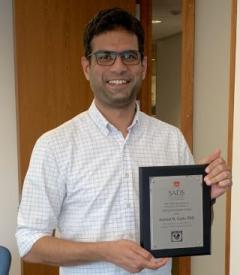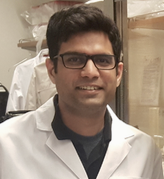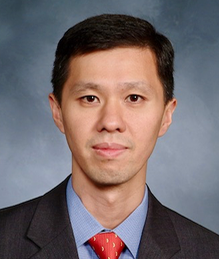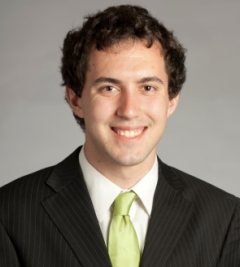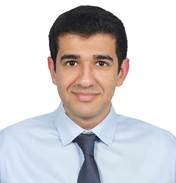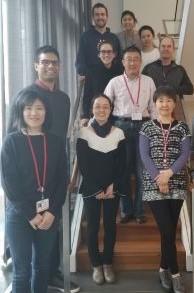
The Geoffrey Pitt laboratory's research on mice bearing a mutation in the Scn2a voltage gated sodium channel was highlighted in Spectrum last August 27th.
The Spectrum article titled 'Model Mice Hint at sodium channel Gene’s Contribution to Autism’ reveals that mice with mutated Scn2a gene take more risk than regular mice, according to the Pitt Lab experiments, reported in a JCI-Insight article. Mice with a mutated Scn2a gene have also low sodium channel levels, which changes behavior to a riskier one. Mice with the mutant Scn2a allele spent more time exploring an elevated plus sign shaped maze with two open arms without any anxiety--in contrast to peer mice without the altered Scns1 gene.
“We’re in the position of really connecting a simple mutation, or at least a defect in the channel to the behavior,” said Weill Cornell Medicine Professor Geoffrey Pitt.
The results earned compliments from University of California Neurology Professor Kevin Bender who assured the Pitt Lab “behavioral results were actually some of the most robust that I’ve seen in this field to date”. The work was led by Assistant Professor Honggang Wang and was done in collaboration with Anjali Rajadhyaksha lab, also at Weill Cornell Medicine. Read the complete article.



